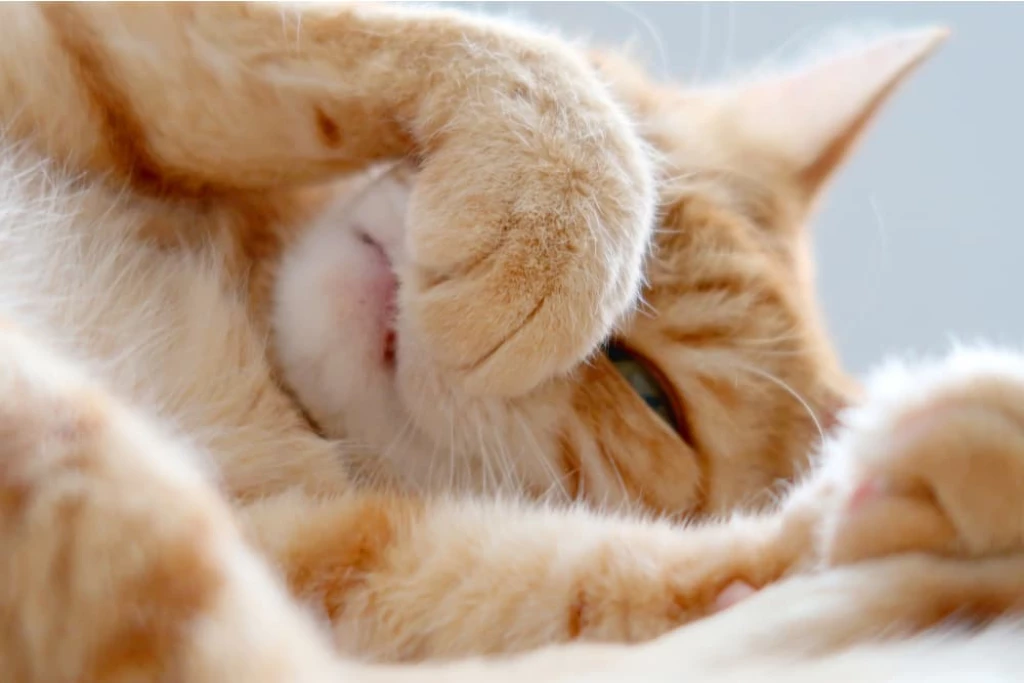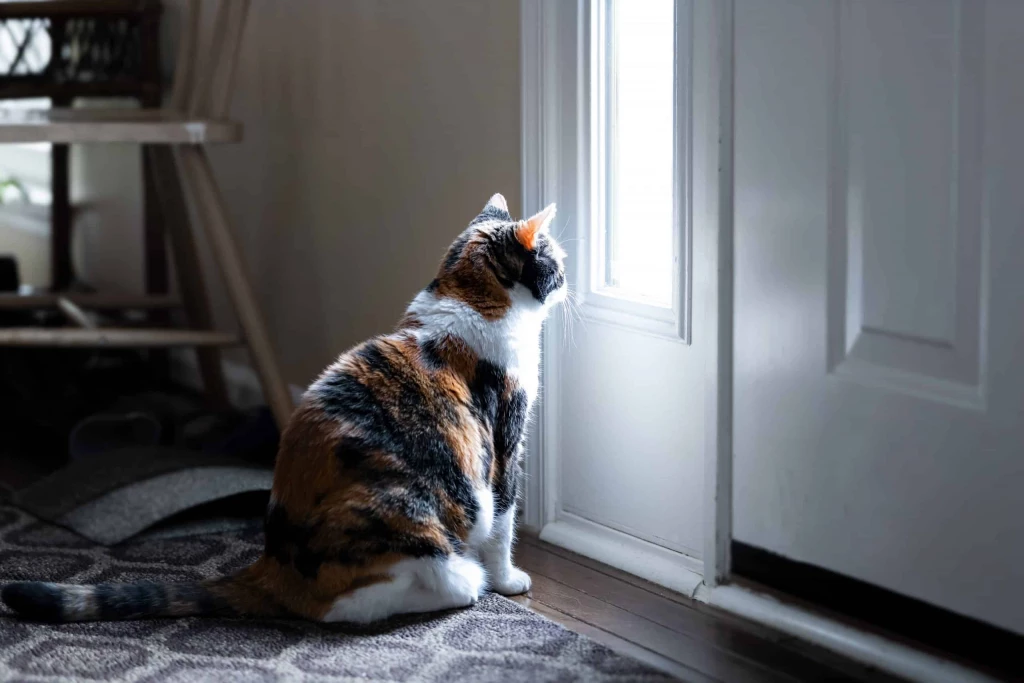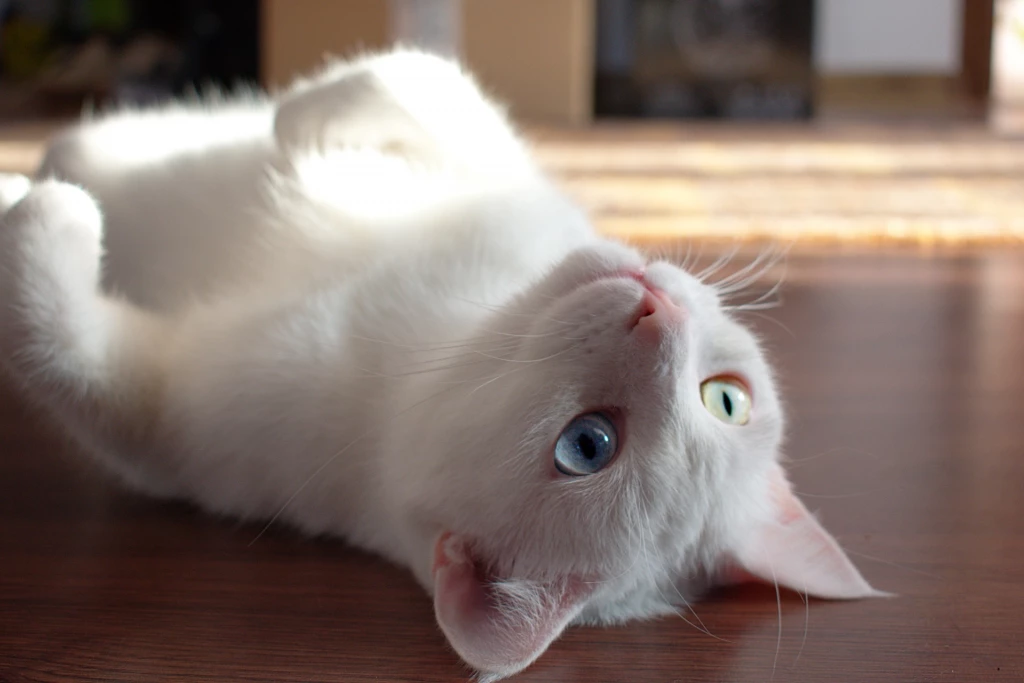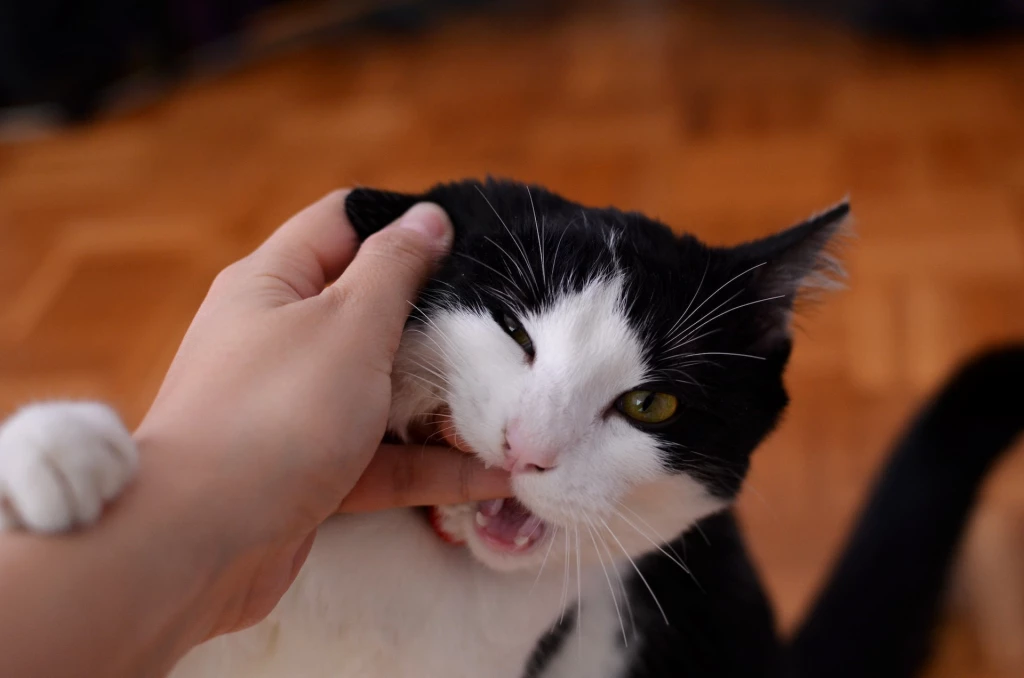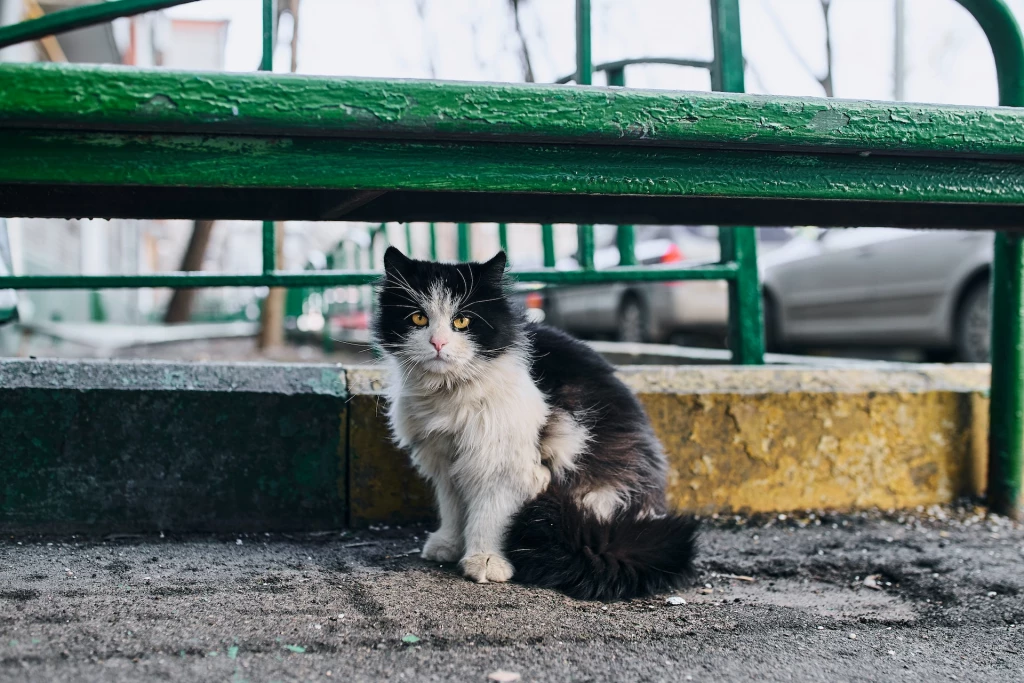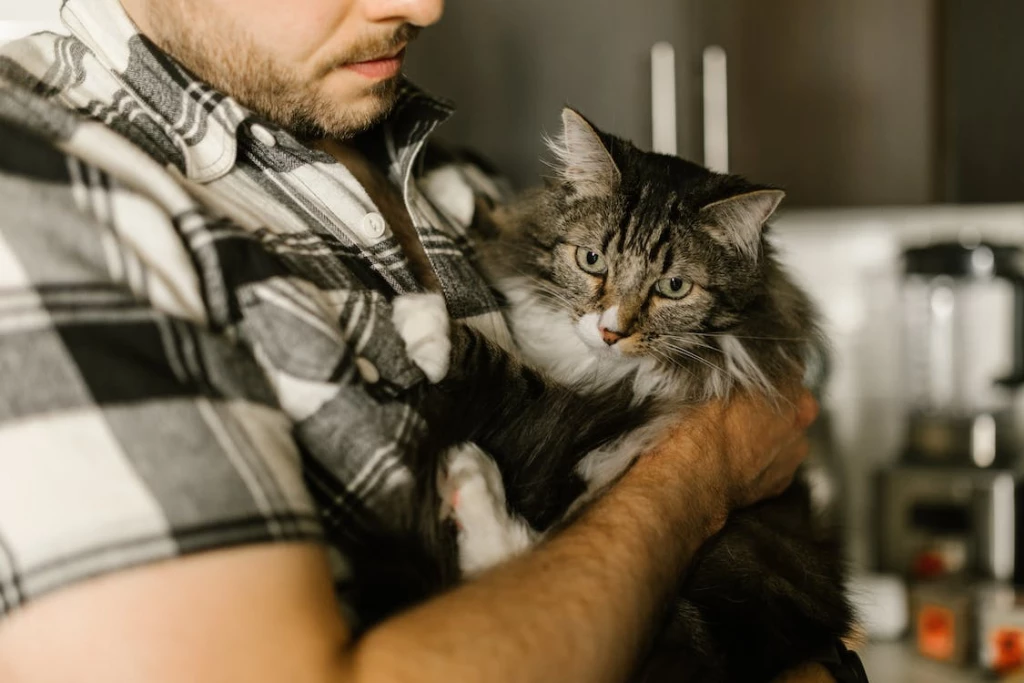Have you ever cuddled with your furry friend and noticed a foul odor coming from them? If your cat smells like poop, you might be wondering what’s wrong with them and how to fix it. After all, cats are supposed to be clean and elegant animals, not stinky and gross. Well, don’t worry. There are many possible reasons why your cat may smell like poop, and most of them are easy to solve.
In this blog post, we will explore some of the most common causes of this unpleasant problem and give you some tips on how to get rid of that poopy smell. By the end of this post, you will have a better understanding of why your cat smells like poop and what you can do to make them smell fresh and clean again.
Why Does My Cat Smell Like Poop? The Main Causes
There are many reasons why your cat may smell like poop, and some of them are more serious than others. Here are some of the most common causes and how to identify them.
- Gastrointestinal Problems: One of the most common causes of that foul-smell is an upset stomach. Cats are quite sensitive to food. Low-quality food filled with unnecessary fillers and a lack of essential vitamins can do a number on your cat’s system. Felines are prone to experiencing flatulence, diarrhea, and a host of other unsettling problems. Not only can gas cause that smell to creep up every once in a while, but diarrhea can stick to the fur and leave a lasting odor.
How to tell: Take a look at the litter box and see if you can see signs of diarrhea or vomiting. If you’re able to, take a look at your kitten’s bum as well. If there are bits of dried feces, you can use a moist towel to clean it off. - Filthy Litter Box: Adult cats do a pretty good job of keeping their litter box clean. However, younger kittens haven’t learned those habits just yet. They are known to roll around the litter and play in the mess. If you haven’t cleaned out the box, they could be getting urine and feces in their fur!
How to tell: Check the litter box for any signs of dirtiness or odor. If it looks or smells bad, it’s time to clean it out. - Anal Gland Problems: Sometimes, that awful smell is caused by swollen and infected anal glands. The anal glands are located around the anus. Whenever your cat does their business, the glands excrete fluids. Unfortunately, they can become infected. This prevents the glands from emptying as normal. The good news is that this is a relatively common issue that can be taken care of. Many cats and dogs experience this problem from time to time.
How to tell: Look for any signs of swelling, redness, or discharge around your cat’s anus. You may also notice your cat scooting on the floor or licking their rear end excessively. - Grooming Difficulties: Cats are usually very good at grooming themselves and keeping their fur clean. However, some cats may have trouble reaching certain areas, especially if they are overweight, elderly, or have long hair. This can lead to fecal matter getting stuck in their fur and causing a bad smell.
How to tell: Inspect your cat’s fur for any signs of matting, clumping, or staining. You may also notice your cat grooming less often or avoiding certain areas. - Urinary Tract Infections: Urinary tract infections (UTIs) are another common cause of bad odor in cats. UTIs can affect any part of the urinary system, from the kidneys to the bladder to the urethra. They can cause inflammation, pain, and difficulty urinating. They can also make your cat’s urine smell very strong and unpleasant.
How to tell: Look for any signs of blood, pus, or crystals in your cat’s urine. You may also notice your cat urinating more often, straining to urinate, or urinating outside the litter box. - Parasitic Infections: Parasites are another possible cause of your cat’s smelliness. Parasites such as fleas, worms, or mites can infest your cat’s skin, fur, or digestive system. They can cause itching, irritation, inflammation, and infection. They can also make your cat’s feces smell worse than usual.
How to tell: Look for any signs of parasites on your cat’s body or in their feces. You may see tiny black specks (flea dirt), white rice-like grains (tapeworm segments), or red bumps (mite bites).
How to Get Rid of That Poopy Smell: The Best Solutions
Now that you know some of the possible causes of your cat’s smelliness, let’s see what you can do to solve them.
- Gastrointestinal Problems: The best solution for gastrointestinal problems is to change your cat’s diet to high-quality food. Stick with natural protein-rich foods that are suitable for cats. Avoid foods that contain grains, dairy, soy, corn, or artificial additives. Make the switch gradual by introducing the new food slowly over the course of a week to ensure that the problem doesn’t worsen. You can also add some probiotics or digestive enzymes to your cat’s food to help improve their gut health.
- Filthy Litter Box: The best solution for a filthy litter box is to clean it out regularly. Ideally, you should scoop out the waste every day and change the litter every week. You should also wash the litter box with mild soap and water once a month. If you have more than one cat, you should have multiple litter boxes to avoid overcrowding and competition. You can also try different types of litter to see which one your cat prefers and which one controls the odor better.
- Anal Gland Problems: The best solution for anal gland problems is to take your cat to the vet. The vet can examine your cat’s anal glands and determine if they are infected or impacted. They can also express or drain the glands manually to relieve the pressure and pain. In some cases, the vet may prescribe antibiotics or anti-inflammatory drugs to treat the infection and inflammation. In severe cases, the vet may recommend surgery to remove the anal glands altogether.
- Grooming Difficulties: The best solution for grooming difficulties is to help your cat groom themselves. You can do this by brushing your cat’s fur regularly, especially if they have long hair. This can help remove any dirt, debris, or fecal matter that may be stuck in their fur. You can also trim your cat’s fur around the anus to prevent any matting or clumping. If your cat is overweight, elderly, or has arthritis, you can also help them lose weight, exercise more, or take supplements to improve their mobility and flexibility.
- Urinary Tract Infections: The best solution for urinary tract infections is to take your cat to the vet. The vet can diagnose your cat’s condition and prescribe antibiotics or other medications to treat the infection and relieve the symptoms. You can also help your cat by providing them with plenty of fresh water and a clean litter box. You can also try adding some cranberry juice or apple cider vinegar to your cat’s water to help prevent or treat UTIs.
- Parasitic Infections: The best solution for parasitic infections is to take your cat to the vet. The vet can identify the type of parasite that is infesting your cat and prescribe the appropriate treatment. This may include topical creams, oral medications, injections, or shampoos. You can also help your cat by keeping them indoors, grooming them regularly, and washing their bedding and toys frequently. You can also use preventive products such as flea collars, sprays, or drops to keep parasites away from your cat.
Conclusion
a cat that smells like poop is not a normal or healthy situation. It can indicate a variety of problems, ranging from minor to serious. Some of the possible causes are gastrointestinal issues, dirty litter box, anal gland problems, grooming difficulties, urinary tract infections, or parasitic infections.
To solve this problem, you should first identify the cause and then take the appropriate action. This may involve changing your cat's diet, cleaning their litter box more often, grooming them regularly, taking them to the vet for treatment, or applying some home remedies. By doing so, you can help your cat feel better and smell fresher. Remember, a clean cat is a happy cat!
